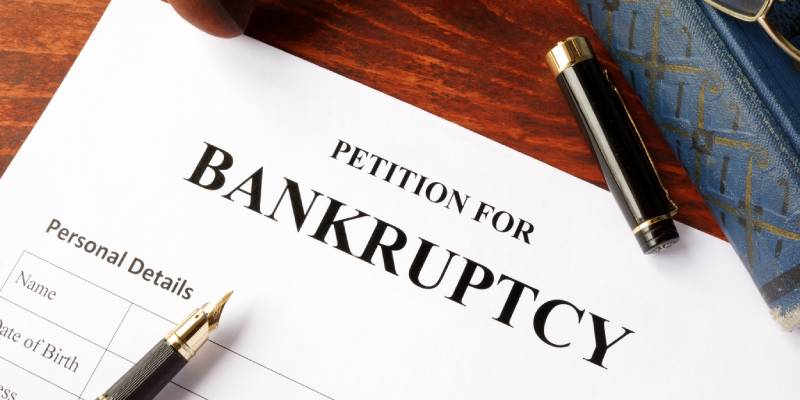If debt has become an insurmountable problem for you, then filing for bankruptcy may be the best way to get back on your feet. However, the idea of spending money on an attorney may not sound very appealing if you’re already struggling financially. Knowing your options will help you make an informed decision so you can determine the best course of action for your situation. To help you get started, here’s a breakdown of how much bankruptcy lawyers charge and what you can expect when working with one.
How Much Do Bankruptcy Lawyers Cost?
While all experienced attorneys are expensive, a bankruptcy lawyer will likely be the least expensive attorney you will ever hire. Chapter 7 attorney fees typically run between $1,000 and $2,000. Meanwhile, Chapter 13 fees generally range from $3,000 to $6,000.
If you aren’t sure which type of bankruptcy you should choose, our skilled attorneys are here to help! With 40 years of experience helping individuals and businesses throughout the state of Oregon, we know the ins and outs of bankruptcy laws and can seamlessly guide you through the process.
Can I File Bankruptcy Without a Lawyer?
Though bankruptcy lawyers are less expensive than other attorneys, the fees can still feel overwhelming. For that reason, many people wonder if they even need the help of an attorney.
While it is possible to file for bankruptcy without a lawyer, doing so could become complicated and expensive. Filing for bankruptcy is an intensive process that can easily become overwhelming, and mistakes along the way could cost you. An experienced debt relief attorney will relieve stress by making the process simple, all while ensuring you get the best outcomes possible.
Will I Have to Pay a Bankruptcy Lawyer Up Front?
Depending on which chapter of bankruptcy you are filing for, you may not need to pay all of your attorney fees up front. While Chapter 7 typically requires you to pay your fees in full before filing, Chapter 13 often allows you to pay in installments as a part of your repayment plan.
Don’t let fees hold you back from getting the help you need. At OlsenDaines, we offer free legal consultations where we can examine your situation and discuss payment options before charging you anything. Our firm has also made a commitment to value-based pricing so we can remain as affordable as possible; in most cases, we can be retained for as little as just $200.
How Can I Pay for a Bankruptcy Lawyer?
Many people wonder how they are supposed to afford a bankruptcy lawyer if they are already struggling to pay creditors. If you’re struggling to come up with the money for attorney fees, don’t panic – there may be some options available.
Since everybody’s situation is different, we strongly recommend starting with a free legal consultation. At OlsenDaines, one of our experienced attorneys will examine your case and discuss how we can help you afford our services.
Affordable Bankruptcy Attorneys in Oregon
The attorneys here at OlsenDaines decided to become bankruptcy lawyers for a very particular reason; we sincerely want to help our neighbors get back on track financially. It is gratifying to help our community thrive, which is why we strive to keep our services as affordable as possible by offering free consultations and value-based pricing. If you are looking for experienced and affordable bankruptcy attorneys, we have you covered. Just contact us today to schedule your free initial case evaluation.










